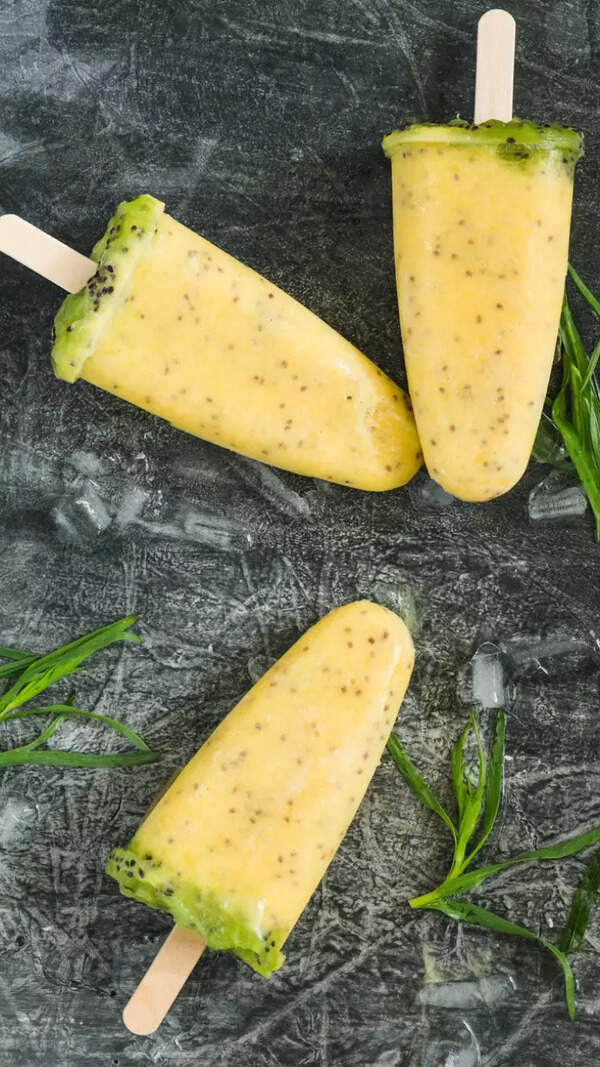Why women should avoid certain foods during pregnancy

Foods pregnant women should avoid
The concept of hot and cold foods has been very prevalent in traditional medicines around the world especially in Asia, Africa and Latin America but there is no scientific backing for the same and more research needs to be done to understand this concept. And thus, there are no cooling foods but there some foods that pregnant women should avoid or limit their consumption as they may be harmful to the mother or the baby. Some of these things are as follows:

Milk
Unpasteurized milk and milk products made from unpasteurized milk along with soft ripened cheeses should be avoided as they contain a bacteria called listeria which can lead to miscarriage and stillbirth.

Meat
Raw and uncooked meat should be avoided as it has a chance of causing toxoplasmosis which in turn can lead to miscarriage. Liver and liver products should also be avoided as it contains large amounts of Vitamin A which can be fatal for the unborn baby. Fish liver oil should also be avoided.

Egg
Raw and partially cooked eggs should be avoided as they may contain Salmonella which can cause food poisoning.

Tuna
Limit tuna as it has more mercury than other fishes. Limit oily or fatty fish as they may have more pollutants that can be harmful for your baby. Raw shellfish should also be avoided as it may lead to food poisoning .Avoid ready-to-eat cold-smoked or cured fish as it may have listeria bacteria which can lead to miscarriage and stillbirth.

Caffeine
Try to limit caffeine intake to 200mg/day as caffeine intake more than this may increase the chances of pregnancy complications like low birthweight and miscarriage. Green teas and herbal teas also contain some amount of caffeine and thus their intake should also be limited.

Alcohol
It is best to stop drinking alcohol during pregnancy as alcohol may have adverse long-term effects on your baby.

Enoki mushrooms
Enoki mushrooms should be consumed only in thoroughly cooked form and should bestored in refrigerator as in raw form it may have listeria bacteria which can be harmful.

Peanuts
Peanuts should be avoided only if you have nut allergy or if suggested by a healthcare professional.

Multivitamin supplements
Multivitamin supplements with high dosage should be avoided. Multivitamin supplements with high vitamin A content should also be avoided.
Contributed by: Avni Kaul Nutritionist and Dietician and Founder of Nutriactivania
All Images Courtesy: istock








